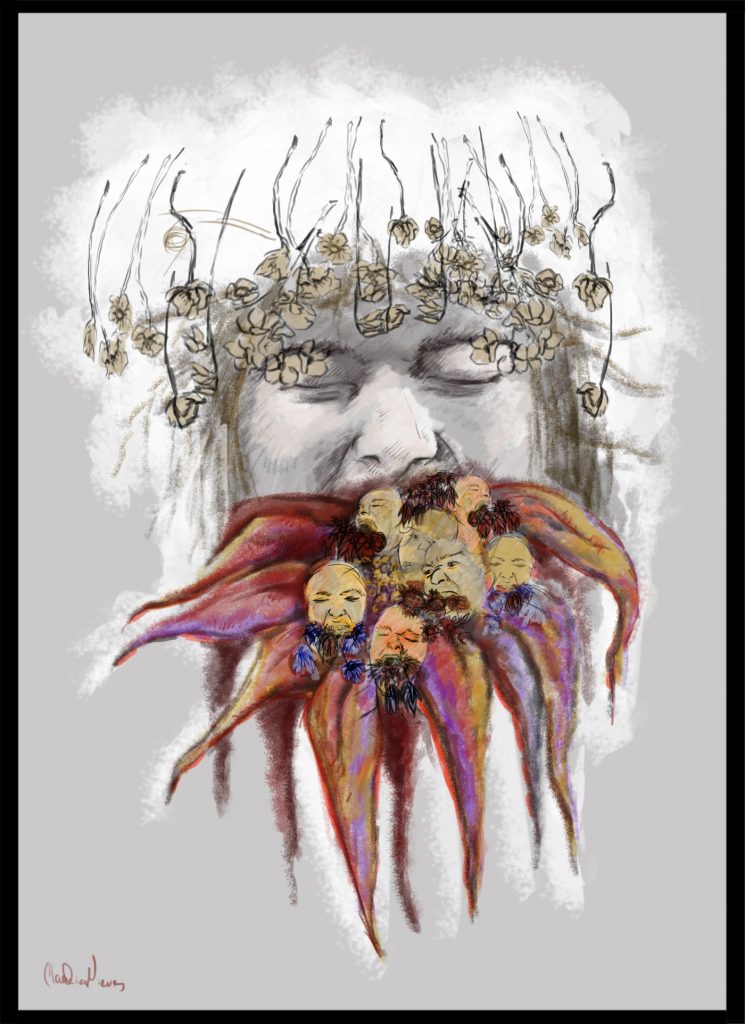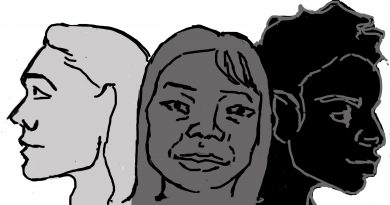Sexual Violence Against Women Still An Issue

A few months ago, I wrote an article about the stigma of mental illness and its effects on society.
There is another issue that is also shrouded in shame in more ways than one. According to Rape, Abuse & Incest National Network, the largest U.S. anti-sexual violence organization, nine out of every 10 victims of rape are female and 17.7 million women have been raped since 1998 in the United States.
The global statistics are not that good either. A report published by the World Health Organization (WHO) states that 35 percent of women worldwide have experienced physical and/or sexual violence in their lifetime.
Even though the rate of sexual assaults has fallen by more than half in the past 20 years, the issue remains prevalent, and only six in every 1,000 perpetrators end up in prison, according to RAINN’s website.
Although sexual violence in the U.S. is an inconvenient reality, the issue refuses to go away. For example, Brock Turner, a former Stanford University swimmer, was accused of sexually assaulting a young woman in January 2015. In March, Turner was found guilty of three felony charges.
One of the reasons why the case received attention is that the judge assigned to the case, Aaron Persky, only sentenced Turner to six months of jail time. Persky stated his reason for not giving Turner a harsher punishment, saying: “A prison sentence would have a severe impact on him…I think he will not be a danger to others.” He also went further saying that the “degree of monetary loss to the victim is not really applicable” in the case.
This caused a national backlash, reinforcing the argument that there continues to be a degree of victim shaming. Victims feel that they are unworthy and if that they do speak out against their attacker, they themselves will suffer the consequences, not so much the attacker.
In a statement read during the trial, later published in BuzzFeed, Turner’s victim said, “You took away my worth, my privacy, my energy, my time, my safety, my intimacy, my confidence, my own voice, until today.” More than five million people have since read the letter that has resonated with many.
Meanwhile, on the other side of the world, there is a crisis that has been occurring for years. In the Democratic Republic of Congo (DRC), wars have become the norm. More than five million civilians were killed during the civil war between 1994 to 2001. Sexual violence against women has been used as a grotesque weapon of war, committed by both government and rebel forces.
In 2011, a United Nations official dubbed Eastern Congo as “the rape capital of the world,” as quoted by CNN. In 2015, more than 100 women were brutally attacked in a province of DRC, according to The Guardian.
Both the victim in Turner’s case and those in DRC have had to suffer the aftermath of the ghastly injustice committed against them, having their lives altered in the worst possible way.
However far apart they are, however different their situations are, one thing is for certain; they are not victims, but survivors.
It is up to us, as a society, to recognize this pressing issue, both nationally and internationally, and speak out against it.




